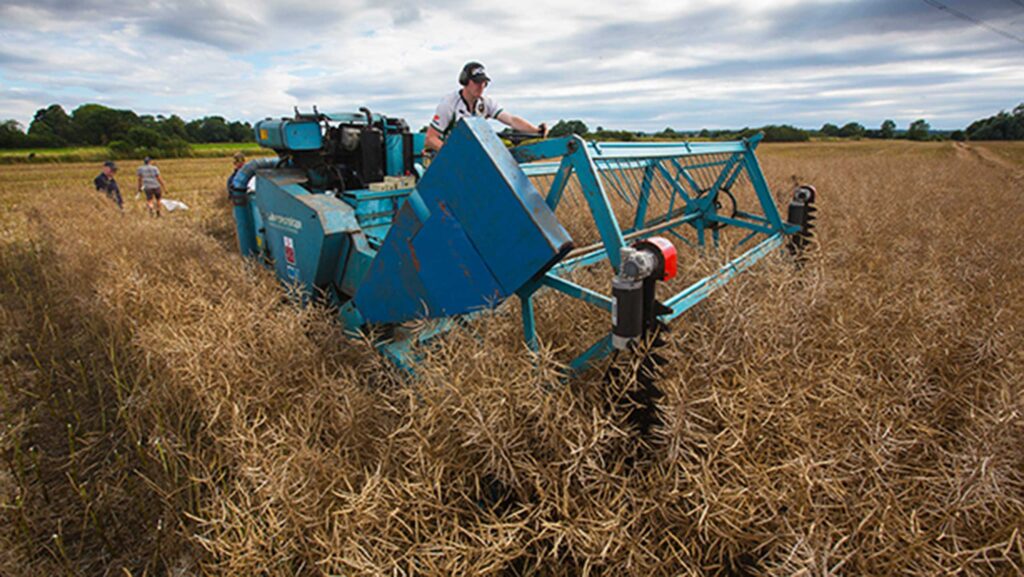Border delays jeopardise new seed variety trials
 © Tim Scrivener
© Tim Scrivener Trials of new varieties of oilseed rape (OSR) are in jeopardy because imported seed is being held at the border while officials decide if it needs to be inspected.
The seed is earmarked for official trials, and needs to be on site by Saturday (10 August) or it will miss the sowing deadline.
The trials are needed to test new crop varieties before they can be marketed to growers.
See also: Plan to cut border food checks prompts compensation call
The British Society of Plant Breeders (BSPB) said the consignments were from EU countries, and had been stopped at the border for officials to decide whether they needed to be inspected and, if so, how.
With time running out for it to be delivered to the site on time, the BSPB described the situation as “very frustrating and potentially costly”.
Since 30 April 2024 and the new Border Target Operating Model, some seed entering the UK is regarded as “high risk”.
These varieties face delays and inspections at a border control point before it can move on to its destination.
Problematic
It is proving especially problematic for new OSR varieties coming from the EU.
This is because there is a very narrow window for harvesting the crop, processing the resultant seed, and transporting it to be sown in official UK trials.
Once there, the trials are designed to test the seed for distinctness, uniformity, and stability, before it can be added to the UK national list.
It then needs to be tested to ensure that it has satisfactory value for cultivation or use.
The changes at the border also affect other arable and horticultural crops, including beans, maize, and tomatoes.
Disadvantaged
The BSPB head of policy, Anthony Hopkins, warned that UK growers and supply chains will be disadvantaged compared to other countries if farmers face delays in growing the latest and best varieties.
The BSPB has been urging Defra to change the way the process works.
If it doesn’t change, UK growers will continue to be disadvantaged and face higher costs, and UK plant breeding will also suffer, it insisted.
However, a spokesperson for the government insisted that protecting UK biosecurity was one of its key priorities.
“We are working with Border Control Posts to ensure they operate effectively and with traders to ensure checks are completed efficiently, swiftly, and without significant delays,” they said.
“We’re looking to improve the UK’s trade and investment relationship with the EU and will take a pragmatic approach to support businesses.”
